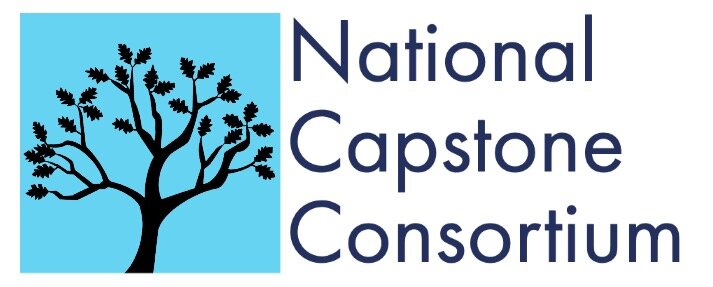Capstone can be many things: research, personal, contemporary, transformational, culminating. It is also experiential.
From the hallowed ground of John Dewey, experiential learning is an educational philosophy made for capstone (Wikipedia). Capstone projects often center on a personal event that sparks learning and a desire to grow. From an initial experience, students complete background research, establish project goals, take steps along the way that are both successful and dead-ends, adjust their plans, and reflect on the entire experience. Capstone checks all of the boxes in an experiential learning list.
While experiential learning is often associated with outdoor education, service learning, and similar programs, it actually applies to many types of learning that happens in the classroom. Many great teachers practice experiential learning and may not be aware of it.
For a wonderful overview of the history of experiential learning, from past to present, as well as a fascinating curriculum for any discipline, read Alice and David Kolb’s The Experiential Educator: Principles and Practices of Experiential Learning (Amazon). This terrific book covers many of the key aspects of capstone projects, and contains takeaways for any educator of any grade. It’s a big book that will inspire teachers of all level of experience, and keep them returning for years and years. The Kolbs also produced some videos to summarize their system on YouTube.
Jon Calos, Emma Willard School, NY
The views of each blog post are the experiences of the individual instructor and school and do not necessarily represent the views of the Consortium
